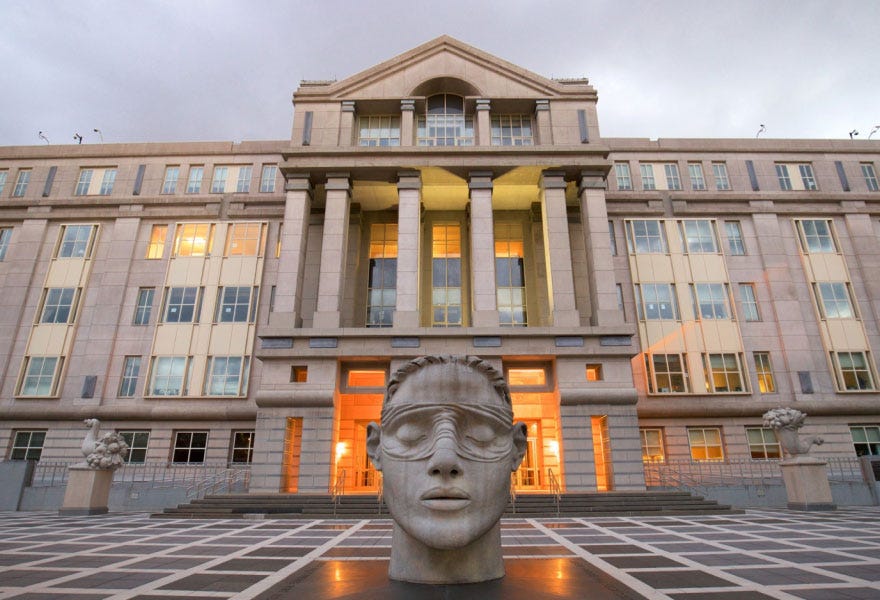NJ diocese and priests sue State Department over visa policy change
The Diocese of Paterson and five priests are suing the government over policy changes to the EB-4 worker visa program which have resulted in enormous backlogs
The Diocese of Paterson, New Jersey, has filed suit against the federal government over changes to immigration regulations for religious workers which have created a massive backlog in the processing of priests’ applications and renewals.
The Paterson dioces…

